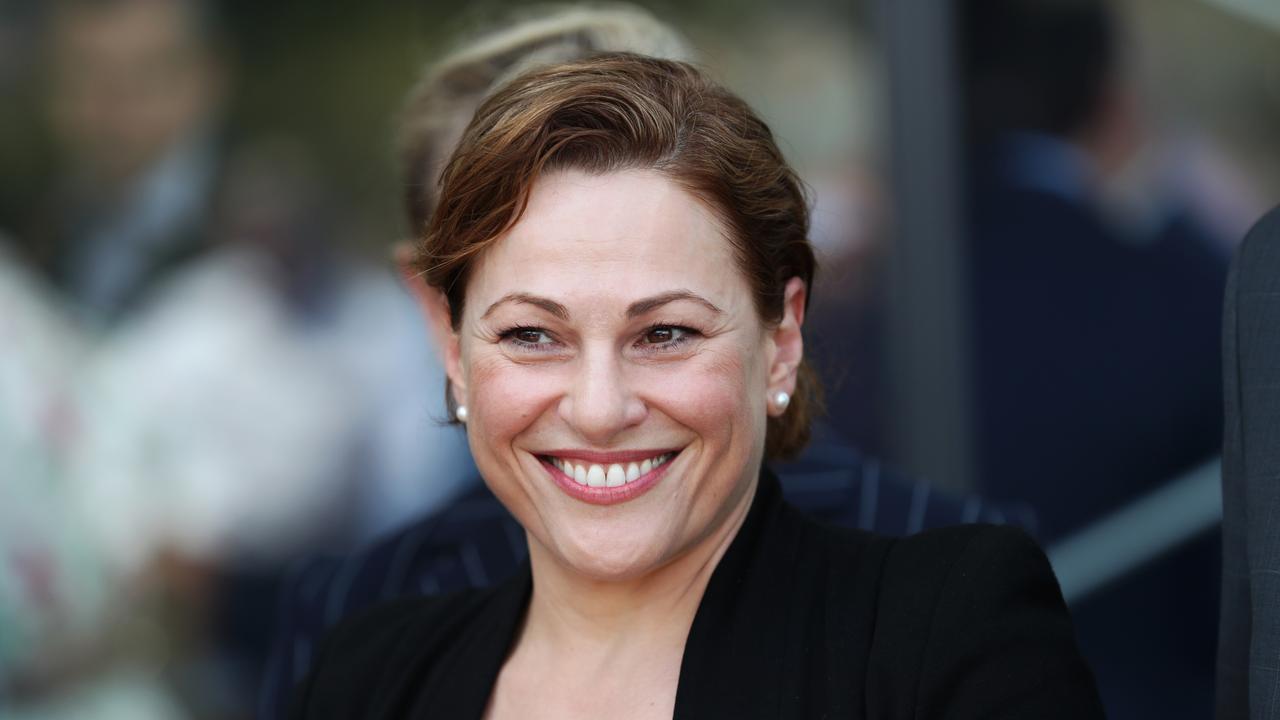Melbourne commuters hail new funding for trams
FOR tens of thousands of commuters such as Daniel Bowen, getting to work on time every morning remains a battle.
FOR tens of thousands of commuters such as Daniel Bowen, getting to work on time every morning remains a battle.
As Melbourne's public transport system fails to keep up with the city's increasing population, more trains are cancelled or delayed.
In some cases during peak hour, passengers cannot even get on to sardine-packed carriages.
Add the costly botching of the implementation of its new ticketing system Myki and public transport becomes a key hurdle for the Brumby government hoping to be returned to power in November.
So yesterday's announcement in the budget of funding for 50 new trams, some new train stations in growth areas and additional station staff to help smooth the flow of passenger traffic and make stations safer was welcome news.
Mr Bowen, who is the head of the Public Transport Users Association, said upgrades to train and tram services were a positive from the budget, but those who take the bus to and from work, school or study miss out.
"Tram users will see 50 new trams coming into service, which will help with overcrowding," he said. "But people in areas only served by buses won't see any upgrades in services at all under this budget.
"Residents of bus-dependent suburbs have some of the worst public transport in Victoria. With most bus services only running every 30 to 60 minutes, even in peak hour, most outer-suburban and regional commuters will continue to have to use their cars to get around."
Mr Bowen was surprised the government had reannounced plans to improve rail links to Ballarat, Bendigo and Geelong, largely funded by the federal government, but said delays to those destinations should be reduced when the projects were complete.
Public transport was an election issue that should not be underestimated in the lead-up to the November poll, he said.
"People can see the public transport network is not working as well as it should, and the government needs to get on the front foot. Essentially, the government has dropped the ball over the last decade. The whole system has been neglected."
Mr Bowen said there had been a fundamental failure to invest in infrastructure over the years, with the result being not enough trains and significant problems with ageing signals and tracks. And the change of private operator -- from Connex to Metro -- had failed to make any difference, he said.



